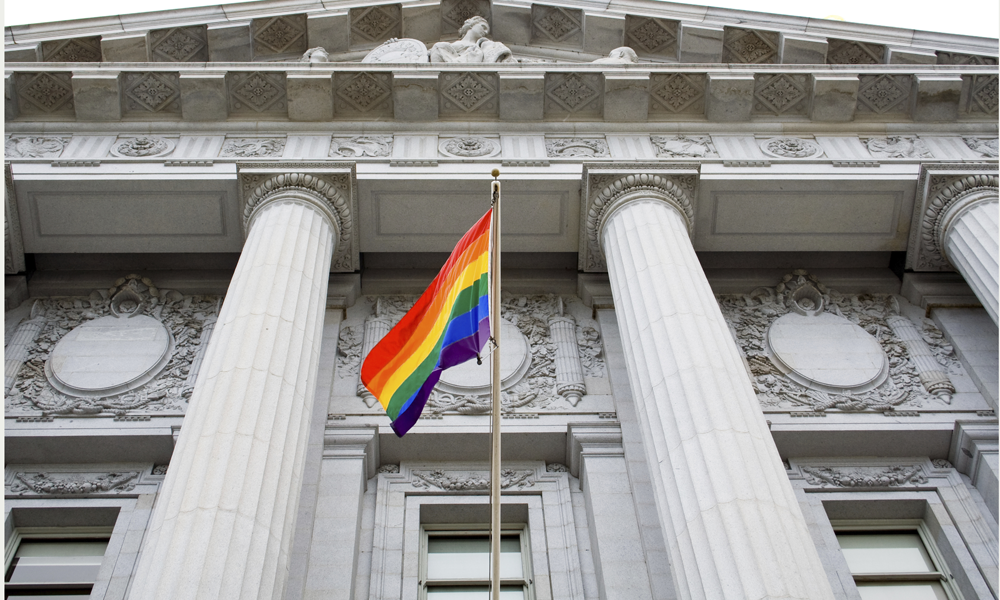
LGBT Bar Unveils State Tax Law Resource for Same-Sex Couples
With tax day upon us, both taxpayers in the LGBT community and their tax preparers now have a one-stop shop for all of their state tax questions.
When the Supreme Court found the Defense of Marriage Act unconstitutional in United States v. Windsor last June, it was both a major milestone in the LGBT community’s fight for marriage equality and a practical shift for married same-sex couples: It meant they could start filing joint federal tax returns.
As legal professionals, we’re now in a position of actually showing people how the law has changed, and we’re helping them navigate those murky waters.
Tax laws at the state level, though, continue to be one of the most complex issues affecting LGBT taxpayers and the tax preparers who assist them. In 33 states, same-sex couples cannot file joint state returns.
To help, the National LGBT Bar Association, along with the investment company BNY Mellon and law firm White & Case, LLP, released a first-of-its-kind Online LGBT Tax Resource last week as a free, comprehensive tool for taxpayers and tax preparers throughout the United States.
“We knew that there was a lot of interest in not just how the feds are handling tax issues now that the Windsor decision has come down and they no longer discriminate against families like my wife and I, but we also knew that there were all these straight allies who were out there doing this kind of work at the state level who had plenty of questions,” said D’Arcy Kemnitz, executive director of the LGBT Bar. “This tool will provide them with the answers they’re looking for.”
Users can go state-by-state to see where same-sex marriage is recognized, learn what the tax statutes look like, and find contact information for tax agencies in each state, among other things.
“We did a snapshot of the law for all of the jurisdictions,” Kemnitz said. The goal now is to keep the tool current.
“From the very inception of this tool we knew that we were going to have to build in at least a part-time position, maybe a law school intern, hopefully somebody who has an additional degree in tax, who is able to oversee this and keep it up to date,” she said. “Tax laws are ever-changing, so keeping this thing current is going to be a huge key to its continued success.”
The project itself—which came about from a chance meeting at a legal conference between Kemnitz and Deborah Kaye, a lawyer at BNY Mellon—gave Kemnitz the opportunity to see where the LGBT movement is as a whole.
“We’re no longer standing outside holding protest signs; we’re no longer sitting around the table talking about how to change things,” she said. “As legal professionals, we’re now in a position of actually showing people how the law has changed, and we’re helping them navigate those murky waters.”
As for the work that went into the project, Kemnitz credited the follow-through of everyone involved.
“There was real a sense of pride among our staff that we were able to take a big idea that we came up with at a conference and turn it into an amazing project like this,” she said. “It’s easy to have big ideas, but big ideas come and go. It’s the attention to detail and developing the relationships that allow projects like this to come to fruition.”
(Dendron/ThinkStock)






Comments